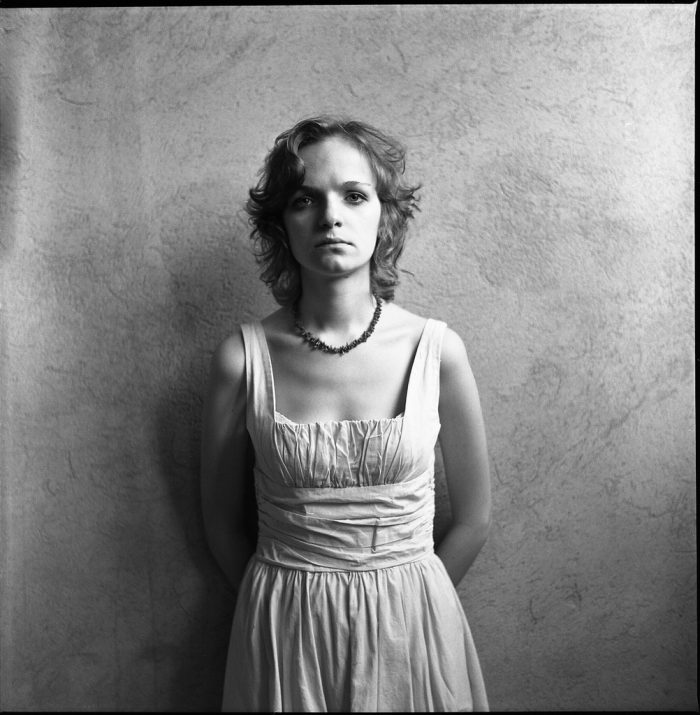I often find myself worrying about things I have no control over.
People are strange like this.
We have this desperate need to control everything because we are under the illusion that we are separate from everything else.
When we live under the assumption that we are an isolated individual living in a hostile universe that we are inherently separated from, of course we are going to become control freaks—neurotically striving for anything that might give us momentary certainty and power.
The truth is, we actually live in an interconnected web of people and things—a complex organism of moving parts coming together to make the whole. Life is bigger than us. Everything we say and do will affect something else, which will then go on to affect something else, on and on for eternity. We are part of something greater, that much is clear.
The idea that we are only this isolated ego entity, this little “me,” is a fallacy, a kind of evolutionary bias, and is the source of much of our unnecessary conflict and strife.
This is where our worries comes from. We feel like if we are always worried about everything in our lives, that we will increase the likelihood that things will go accordingly. There is a time and a place to worry, but I think it’s pretty obvious in the modern world that much of our worry is neurotic tendency that often causes us more harm than good.
I mean, we live in the most technologically sophisticated age that we’ve ever heard of, where we are seeing incredibly positive trends in global poverty, health, rates of violence, education, and wealth. Yet, all we see reflected in the media is that the sky is falling and everything is going to sh*t.
I think this is a clear indication of how we think; this deep-rooted tendency toward only acknowledging what’s wrong rather than what’s right. This comes from an identification with the ego and the sense of isolated individuality that comes along with it—in an effort to control the universe.
Terrence McKenna once said something like, “Worrying is an act of hubris, because it implies that you know everything.”
When we muster up the zeal to actually be worried about something, we are assuming that we know exactly what’s going to happen and exactly how life operates.
Maybe by being worried about one thing, we are completely neglecting something else entirely that might be more important and worth our energy. Maybe by always being worried, we are missing out on true happiness or the meaning of life. Who knows?
It is almost arrogant to assume that we know enough about what’s going to happen to justify being worried.
This is my take: we don’t know exactly what’s going to happen. We solve one problem, and a thousand more pop up. When we base our actions on the misplaced sense of being an isolated observer rather than an active participant in the flux of the universe, identifying fully with our thoughts and completely empowering the ego, we miss out on the innate beauty and intrinsic value of life itself. I truly believe that.
When we learn to transcend the ego and this sense of separateness, embracing the present moment and immersing ourselves in the immediacy of felt experience, we come to feel the fullness of life. From there, the need to control everything and worry all the time starts to vanish from our lives. We feel powerful enough in and of ourselves, and the need to find power through controlling other people comes to dissolve. We can just be.
Life is more than we know. Don’t pretend that we can wrap it up in a little bow tie. Nature laughs last, no matter what happens with humankind. I am inviting you to connect with nature, the nature of the world and the nature of ourselves, in order to live a more fulfilled and less stressful life. Why the hell not!?
https://www.youtube.com/watch?v=dxukYlj5If4&t=196s
~


 Share on bsky
Share on bsky





Read 0 comments and reply